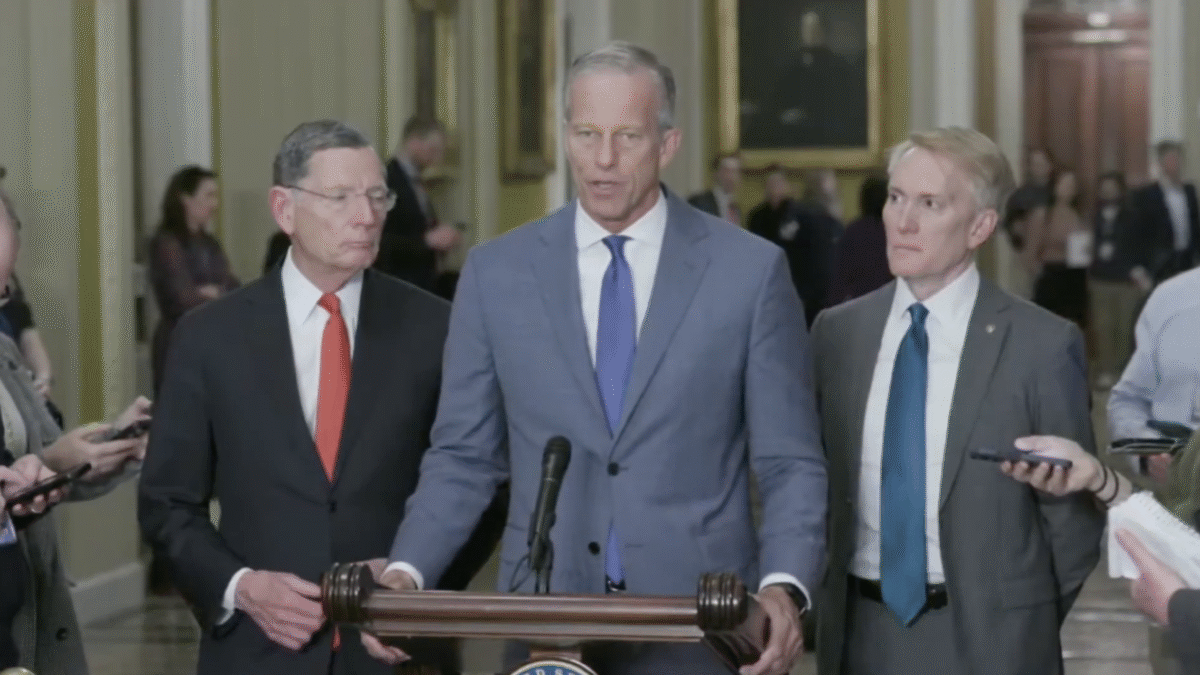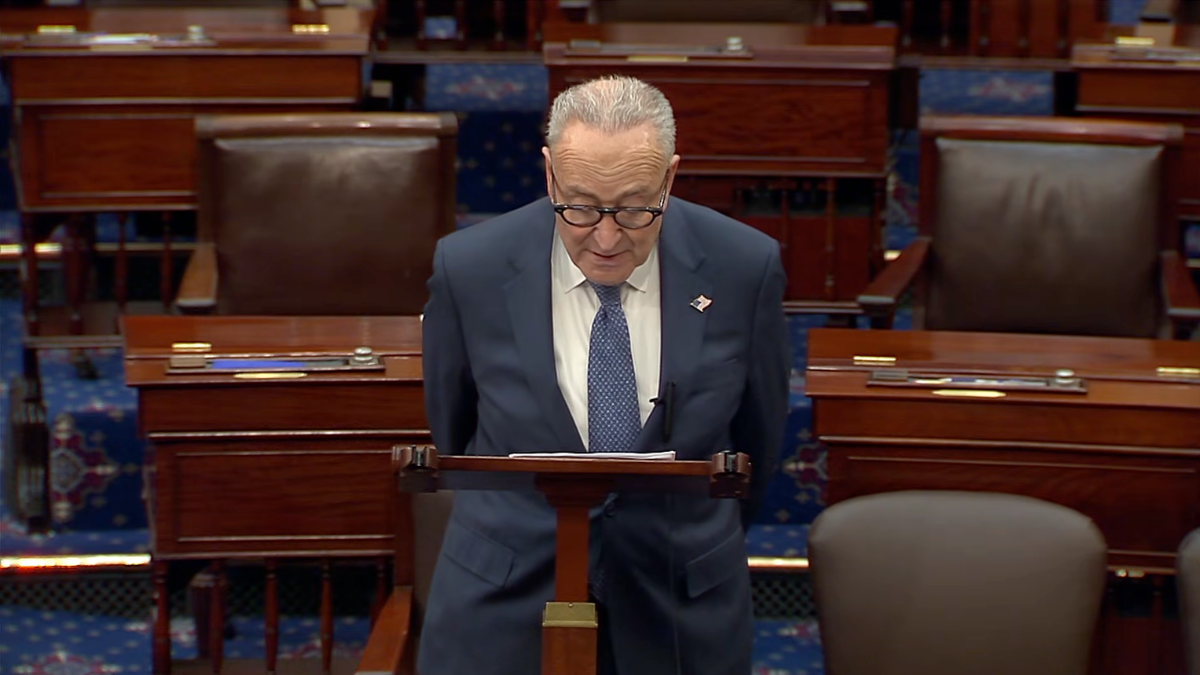
In charge of a Congress focused on “getting Americans back to work” and pursuing “common sense, bipartisan” legislation to “get our economy going,” Republicans have gone to their friends in Big Business and received their marching orders.
What is holding our economy back? Too much federalism, apparently.
It may seem hypocritical from the party that venerates the Constitution’s balance of powers and sings paeans to devolution, but the bills moving through the Republican-led Congress indicate a desire to quash the “laboratories of democracy” model when it offends the sensibilities of Big Business.
Let Liberals Run Nanny States
What is the federalism Republicans seek to quash? The kind that has (mostly liberal) states implementing more and more burdens on businesses in the pursuit of questionable benefits and at the behest of narrowly-targeted special interests.
For instance, if you want to deliver goods by sea to a port in California, your freight ship must be able to eradicate all life from the ocean water it brings onboard as ballast. California’s ballast water discharge laws are unreasonable and demand technologies that did not exist when they passed the law in 2006, do not exist now, and may never be available, according to the California State Lands Commission’s own report.
Across the country, a number of states have implemented chemical safety laws that limit the make-up of products from children’s toys to household cleaners. Some of these state laws have pushed entire industries to adopt new manufacturing to avoid controversial ingredients. Some of these laws are based on bad science and fear-mongering by advocacy groups, needlessly driving up the price of necessities for poor families.
In Vermont, a law signed last year to require labeling of “genetically modified organisms” in the grocery store will finally be put into place this month. Now, your local grocery store is required to actively advertise against the safety of its products—products made with all the benefits of modern food science and in compliance with federal safety standards. Expect the poor to be hardest hit.
There are many more areas where overactive state governments trample their citizens’ economic freedom, but these laws remain limited to the states themselves, and, in the spirit of competitive federalism, people and corporations are allowed to vote with their feet. But that is not good enough for the business-friendly Republican-led Congress.
Don’t Listen to the Business Lobby
The well-organized interests hurt most by these misguided state regulations are the national and multinational corporations stuck complying with them. Businesses being market players, they do what they know, and seek a market solution. In this case, they go shopping for a better regulator more friendly to their arguments.
Republicans’ solution is to “pre-empt” these bad state laws by imposing federal laws over top of them and banning further state action. In each of the above instances, a federal law has been proposed to supersede state-level regulations:
- In response to Vermont’s labeling law and similar (thankfully failed) referenda throughout the nation, Rep. Mike Pompeo (R-Kansas) has written the “Safe and Accurate Food Labeling Act” to “guard against a[n]… inefficient state-by-state food labeling system.” Monsanto and their allies have championed this bill in letters to Congress.
- On chemical safety, the Senate recently approved a new bill, sponsored by Sen. David Vitter (R-Louisiana), which would grandfather in current state-level restrictions while ensuring the Environmental Protection Agency has final say on chemical ingredient regulations going forward. The American Chemistry Council, featuring large chemical suppliers like DuPont, has had a large role in writing the legislation.
- And on ballast water, Sen. Marco Rubio (R-Florida) and Rep. Duncan Hunter (R-California), who head the relevant congressional committees, have introduced the “Vessel Incidental Discharge Act” to enact “a uniform set” of national rules for ballast water. The American Waterways Organization, which is made up of shippers and tugboat companies throughout the United States, is leading the push for this legislation.
In each of these situations (and numerous others), Republicans pre-empt the constitutional balance of powers between state and federal governments by opting for one-size-fits-all regulations from Washington. This is precisely what they rhetorically rail against when it comes to Obamacare or liberal policies in general, but are eager to enact when it serves their (and their donors’) interests.
True Federalism and Hard Work
Instead of using Progressive tactics of circumventing the Constitution to achieve their desired ends, Republican should stand on principle and fight these bad regulations at the source: state legislatures and regulatory agencies.
States should not be able to enact onerous regulations on what inputs businesses must use, how grocers label their products, or what shippers must install on their vessels. Strict and timely tort laws would protect states from being victims of bad actors while nurturing innovation and a welcoming climate for entrepreneurs. Maximizing economic liberty will do more to keep people healthy and protected than government bureaucrats ever could.
Despite the disastrous nature of these regulations, at least they are confined to the state in question, and duly enacted by that state’s political bodies. Republicans should stand by their rhetoric and support the Constitution’s structure of federalism, not expand the bad ideas of Vermont, California, et al., to the entire nation.
And they should certainly not do so at the behest of large corporations seeking a handout through the regulatory regime. It does nothing but prove they are a party willing to accommodate Big Business at all costs.








